Google’s annual Year in Search lists have just landed, and once again Eurovision and its stars dominate.
The contest itself was among the most popular and fastest growing search terms in Austria (#7), Belarus (#2), Belgium (#8), Denmark (#8), Finland (#9), Greece (#2), Hungary (#6), Poland (#9), Romania (#7), Russia (#2) and Spain (#2). In fact, it ranked highly among searches for tv shows and events in general — Belgium (#2), Finland (#3), Hungary (#3), Ireland (#1), Poland (#1), Russia (#1), Sweden (#4) and the United Kingdom (#1). Despite failing to qualify from the semis, Eurovision was the fifth most searched news moment in Ireland.
Last year, Conchita Wurst captured Europe’s imagination, and featured in search lists all over the continent. However, in 2015, only Sweden’s Måns Zelmerlöw and Russia’s Polina Gagarina managed to transcend borders. The “Heroes” singer was the fifth most searched foreign celebrity in Finland, while the “A Million Voices” diva was the second most searched person in Belarus and eight in Ukraine.
Nonetheless, many Eurovision singers left an impact on home soil. Loïc Nottet topped both the trending personality and Belgian personality lists in Belgium. Finland’s divisive Pertti Kurikan Nimipäivät are second on the country’s most searched musicians list. In Israel, Nadav Guedj’s “Golden Boy” is the second most searched song while Trijntje Oosterhuis occupies spots on the national personalities (#2) and search terms (#2) lists in The Netherlands. And of course Polina and Måns pop up on their local lists too. Polina was second at Eurovision, and now she’s the second most searched person in Russia. The recently announced Eurovision 2016 co-host is present on several of the Swedish lists — search (#6), people (#3), artist/group (#1) and lyrics (#5 for “Heroes”).
Today’s report confirms that Eurovision is much more than a one night spectacular, with national selections ranking amongst the most popular tv search terms — Hungary’s A Dal (#7), Israel’s The Next Star (#8), Italy’s San Remo (#5) and Sweden’s Melodifestivalen (#9 search and #2 tv show). On the topic of Melfest, Europe’s premier national final literally slays the pack in Sweden. Aside from Måns, Dolly Style (#4), Isa Tengblad (#6) and Hasse Andersson (#7) also appear on the artist/group list. Filippa Bark, the “comic” relief from 2015, appears at six on the most searched for tv personality list, with 2016 host Gina Dirawi coming in at nine. In Britain, Rita Ora — the 2009 national final dropout — appears on the most searched female celebrity (#10) and music act (#3) lists. Of course, 2015 had its very own dropout in the shape of Germany’s Andreas Kümmert, who occupies sixth spot amongst Austria’s most searched scandals.
Europe has largely fallen out of love with schlager, but the genre remains strong in the Benelux region. A concert by The Toppers (Eurovision 2009) is at five on the Dutch events list, while K3‘s search for new band members is sixth on Belgium’s rising keyword list. The original lineup attempted to represent the country in 1999. The retirement of Germany’s 2000 singer and 2011 host Stefan Raab appears to have hit the Austrians hard, as he drops in at eight on their international stars list.
Eurovision never fails to raise questions. And Google is there to help. The Swedes asked who won Eurovision (#2) — as if they didn’t know! In the UK, people wondered where San Marino was (#3). We’d like to imagine the Brits typing this as they watched Anita and Michele sing about their chain of farts hearts. In Norway, people wanted to know who won the junior version of Melodi Grand Prix (#8). But one of the most pressing issues on their minds was “why is Australia in Eurovision?” (#2). Somewhat surprisingly, the contest doesn’t feature at all in any of the lists from down under. Instead, they’re still wondering who Gossip Girl is — that show ended in 2012, keep up!
The above statistics offer just a high level overview of Eurovision’s cultural impact over the past 12 months. It’s not a complete picture since Google doesn’t provide data for every territory, and the data they do give varies from country to country. Still, it’s fairly obvious that the contest is Europe’s most popular tv event.
All the stats and figures can be found on the Google Trends 2015 Year in Search website.

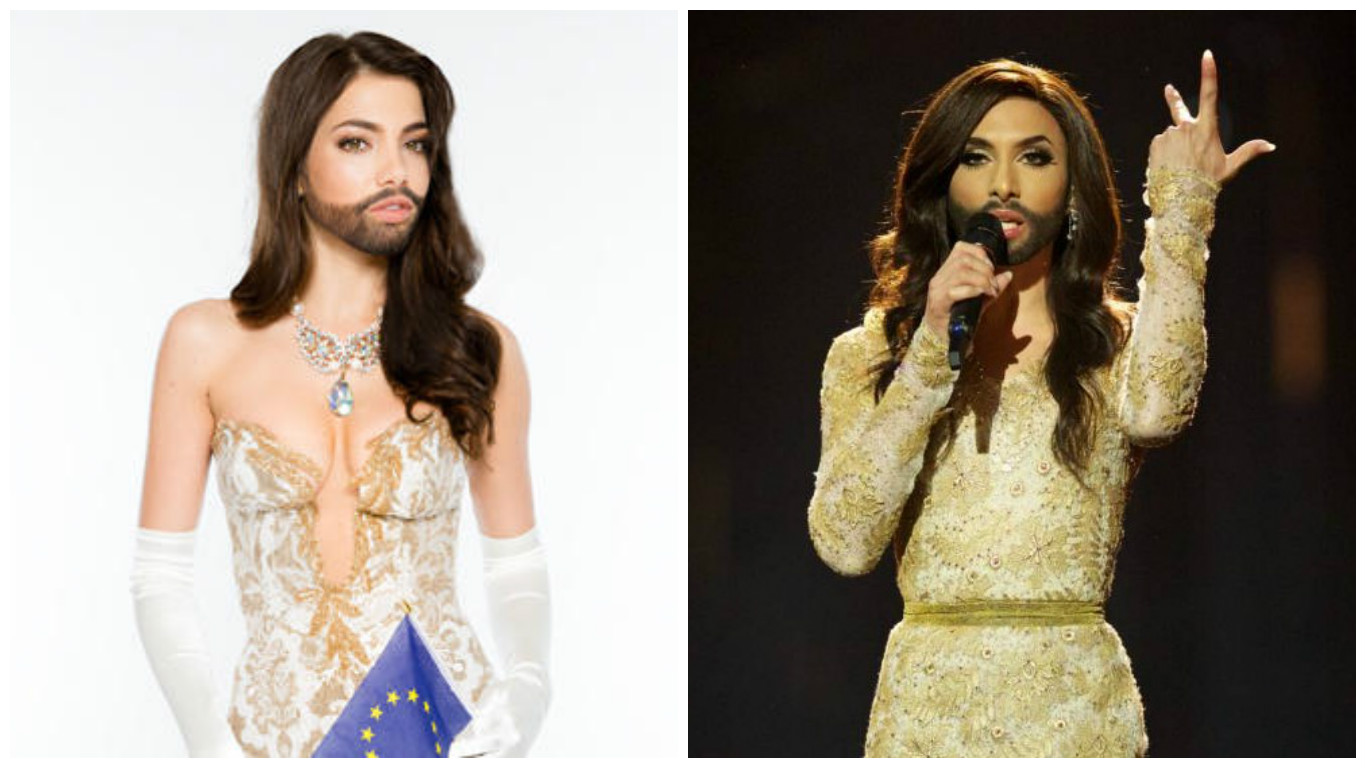
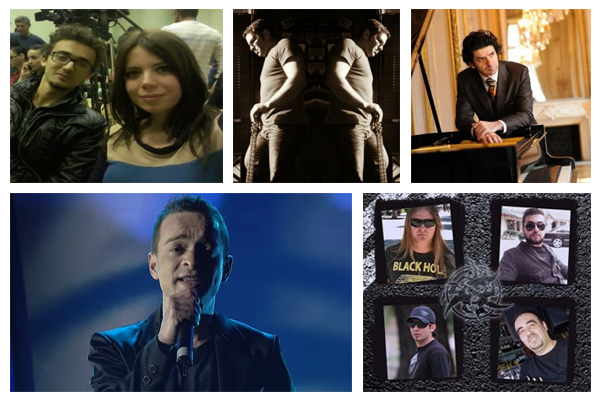

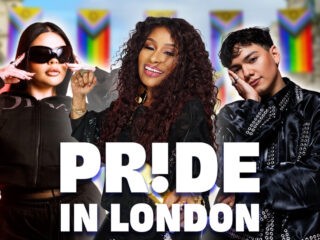

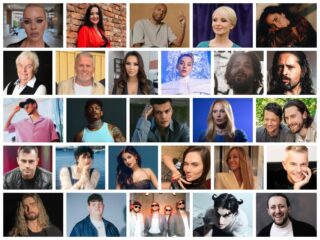
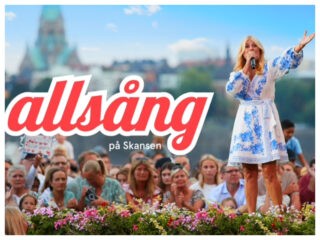



@Max H Rita was only included as a point of interest. However, considering Eurovision was the number 1 trending tv show in the UK, I guess it’s quite popular… or would you argue otherwise?
@Yourhigh – that’s great! Where are you getting this info? I can’t see it on the official Google Trends website :\
Monika kuszynska was 5th on polish google users at “musican local artist” category
lmfao you cant count Rita Ora (new x factor judge) as a sign that Eurovision is popular in the UK? She never even entered the live shows of the 2009 national final.
I’m surprised to see Eurovision so high in the UK searches. It gives me faith the UK public still has some love for the show. Even if the media doesn’t.
Måns was such a great winner of Eurovision this year! im so glad neither italy or russia won!!
Eurovision has become something even bigger than most expect.